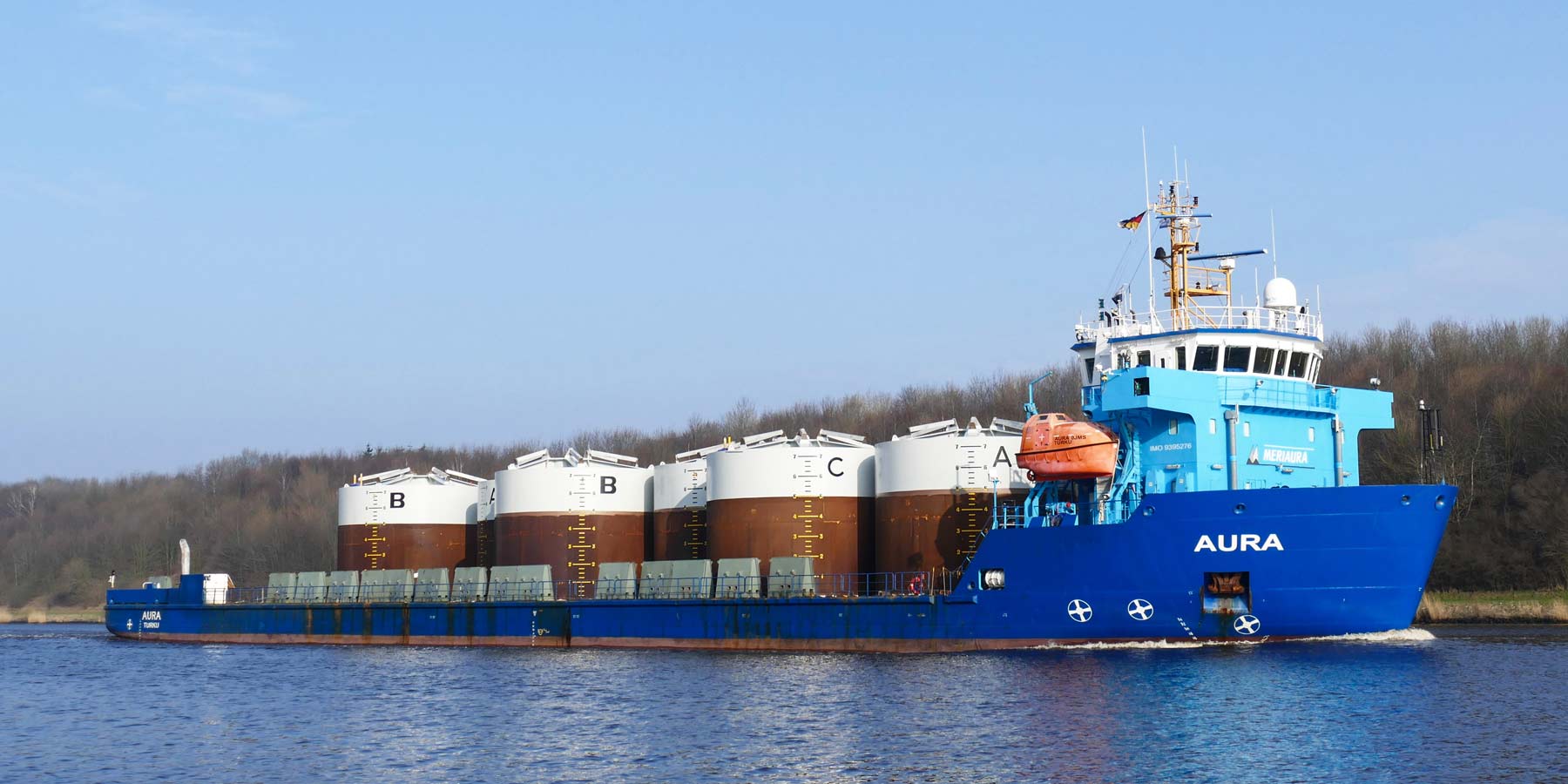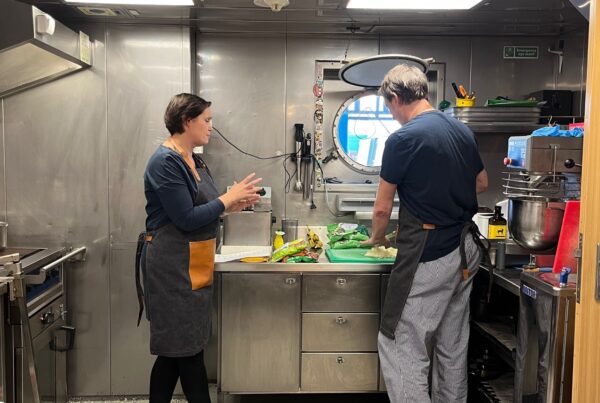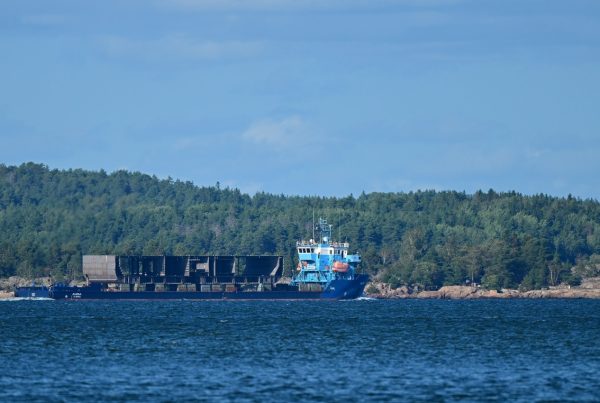The old saying that “only change is permanent” is in today’s world perhaps more relevant than ever before. Although economical and political issues always involve uncertainty regarding the direction and speed of development, we see some mega trends that will most likely be governing for years to come.
Increased awareness of environmental issues will have an ever-growing impact on our everyday life. Energy-efficiency and the ambition to reduce the dependence on fossil fuels are huge global challenges that will affect both companies and consumers. In this transformation many industries, as we know them today, may disappear and be replaced by new ones. Shipping as a service provider needs to amend accordingly, but also to bear it´s own responsibility in reducing the environmental impact in the supply chain.
When building up our fleet for this year we have thoroughly analysed the changes in our operating environment. The Meriaura fleet for 2019 is not only the largest in the company’s history, it is also more diverse and versatile than ever before. The average vessel size on the dry-bulkers is by far larger than in the past. One obvious reason for this is our decision to enter the 8000-tonner segment, which was done primarily to meet the increasing demand for bio-fuel transports in our home waters, but also to improve our competitiveness on longer legs, where the lot sizes usually are bigger. Also in our traditional coaster-segment, the weight has shifted to larger vessels. The main reason behind this is the economy of scale which is clearly recognized by Charterers who strive to increase the average lot-size on their shipments. However, as changes do not happen overnight, we still provide also 3000 tonners, which still have their loyal customer base.
Improved energy-efficiency is a multi-dimensional issue and is built up from several factors. Minimizing the ballast voyages and utilizing the vessels’ capacity as well as possible are corner stones in this work. Unfortunately, there is sometimes a conflict between ballast-voyage and positioning of right vessel size for each cargo. This is a challenge for the entire industry and could be improved if more flexible laydays and acceptance of part-cargoes became more common. This is one thing we would like to work on together with our customers in order to reduce the carbon footprint for the sea-transports. And at the end of the day a it´s not only about thinking ecologically, as better capacity utilization also grants a better economical outcome, which is to the benefit of all parties.
Providing enough ice-classed tonnage is, and will remain, mandatory for us, as we are committed to serve our customers all around the year. As a rule of thumb higher ice-class on a vessel means higher fuel consumption also in open water conditions (the exemption being our 1A-classed Eco-coasters Eeva VG and Mirva VG). With the increased number of vessels, we have received some leeway also regarding the ice-class requirements. Thus, we decided to charter a few vessels with lower ice-class (1B and 1C), and consequently also with lower fuel consumption. The time when ice-restrictions beyond the vessels’ ice-class are in force is usually quite short, and meanwhile we will employ these Ladies elsewhere in our trading area.
Energy production and the efforts to move towards more sustainable production methods generate new business both ashore and offshore. Replacing fossil fuels with renewables in power plants is a game changer also for the shipping industry. Along with this the investments in greener energy production are supposed to escalate in years to come. This is supposed to keep up a strong demand for investments in the energy sector in general and not least for the wind-power industry. Therefore, we decided to increase our capacity also when it comes to project-vessels. In fact, the relative capacity growth will be even bigger than for the dry-bulk business.
In addition to our well-known vessels Meri and Aura, we have chartered a third open deck-carrier, which is expected to join our fleet during spring. To further expand our service, we have chartered two multi-purpose vessels, each with 2×80 ton cranes and tween-decks. These vessels are thus well suited for various project cargoes, as well as for regular bulk. Due to the versality of these vessels, combination of two or more cargoes is possible, and in terms of efficiency in many cases preferable. Although combining cargoes is by no means a new idea, it´s an area we need to keep in mind and actively promote – once again the reason being the chase for better efficiency and lower emissions.
The Meriaura fleet is today bigger than ever, both in the number of vessels and in especially in terms of capacity. Our challenge and ambition is to operate it in a way that grants good customer service and state of the art capacity utilisation. In order to achieve these ambitious goals, we invite you to join our ride and work together for more sustainable maritime logistics.
Beppe Rosin
Managing Director









